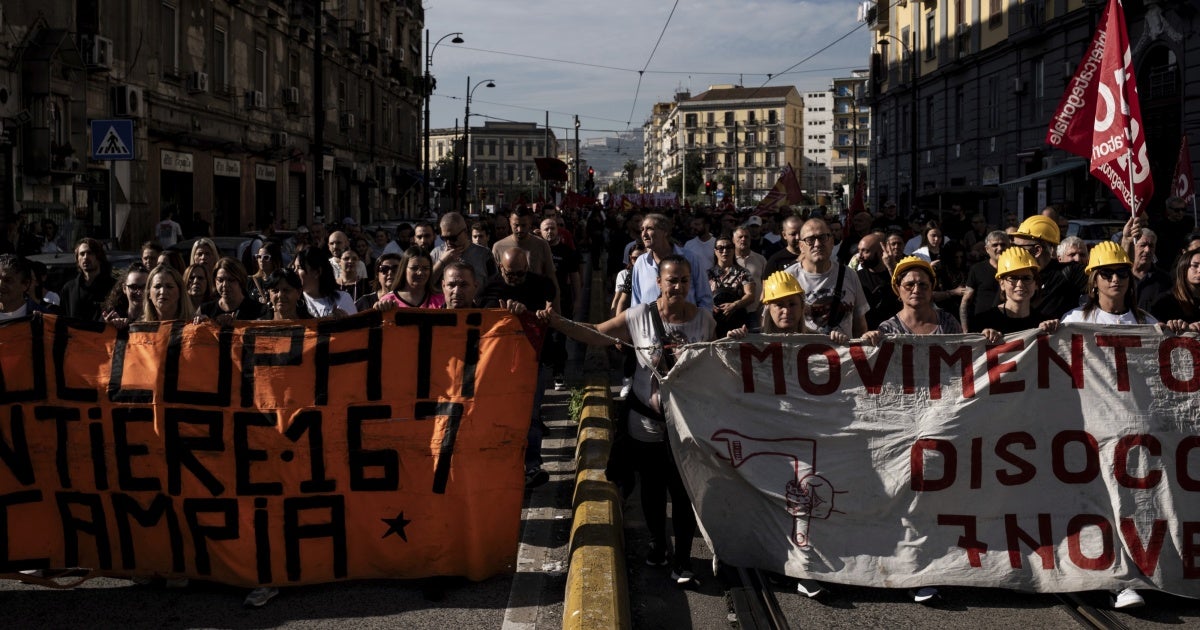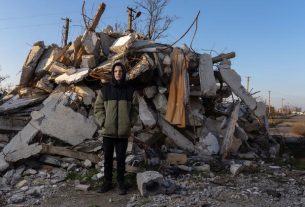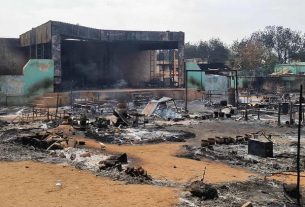The Italian government led by Prime Minister Giorgia Meloni is pushing a security bill through parliament that, if enacted, could have a devastating impact on fundamental rights, including the rights to peaceful protest and freedom of expression.
The draft law, approved by the Chamber of Deputies in September and currently under discussion in the senate, would introduce several new offenses, and significantly increase the penalties for those participating in unauthorized demonstrations, with prison sentences of up to seven years for individuals who block traffic or are deemed to use “threats of violence” in protest against infrastructure projects. Activists across Europe have engaged in such nonviolent civil disobedience tactics to press governments to meet their obligations on issues such as climate change and human rights.
The draft law also makes it a crime to engage in protests, including through passive resistance to orders or rules, in prisons and migrant detention and reception centers. Passive resistance to orders or rules covers acts such as noncooperation with public officials. While touted as promoting security, measures such as these in the bill will undermine fundamental rights and freedoms, particularly targeting activists and migrants.
The bill has sparked widespread criticism from human rights bodies. The OSCE Office for Democratic Institutions and Human Rights warned that many provisions “carry the potential to undermine the fundamental tenets of criminal justice and the rule of law” while the Council of Europe Commissioner for Human Rights raised concerns about the risk of “arbitrary and disproportionate” application in a way that would interfere with the right to peacefully protest. Eight UN Special Rapporteurs, in two different communications to the Italian government, have also weighed in. Six of them highlighted how various articles in the bill would violate several of Italy’s obligations under the International Covenant on Civil and Political Rights, and the special rapporteurs on housing and poverty emphasized violations of the International Covenant on Economic, Social and Cultural Rights that would follow if the bill is adopted in its current form.
The senate should heed the stark warnings of these expert human rights bodies and ensure that the measures in the bill purportedly designed to protect public order and security do not trample on fundamental rights. Security does not require, nor is it delivered, through repression.



